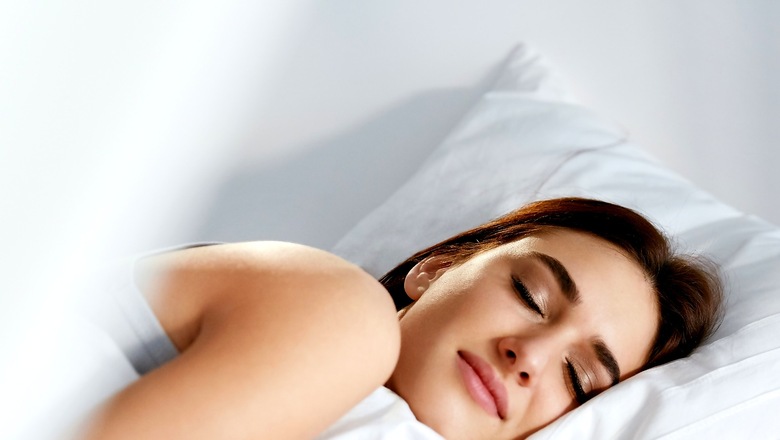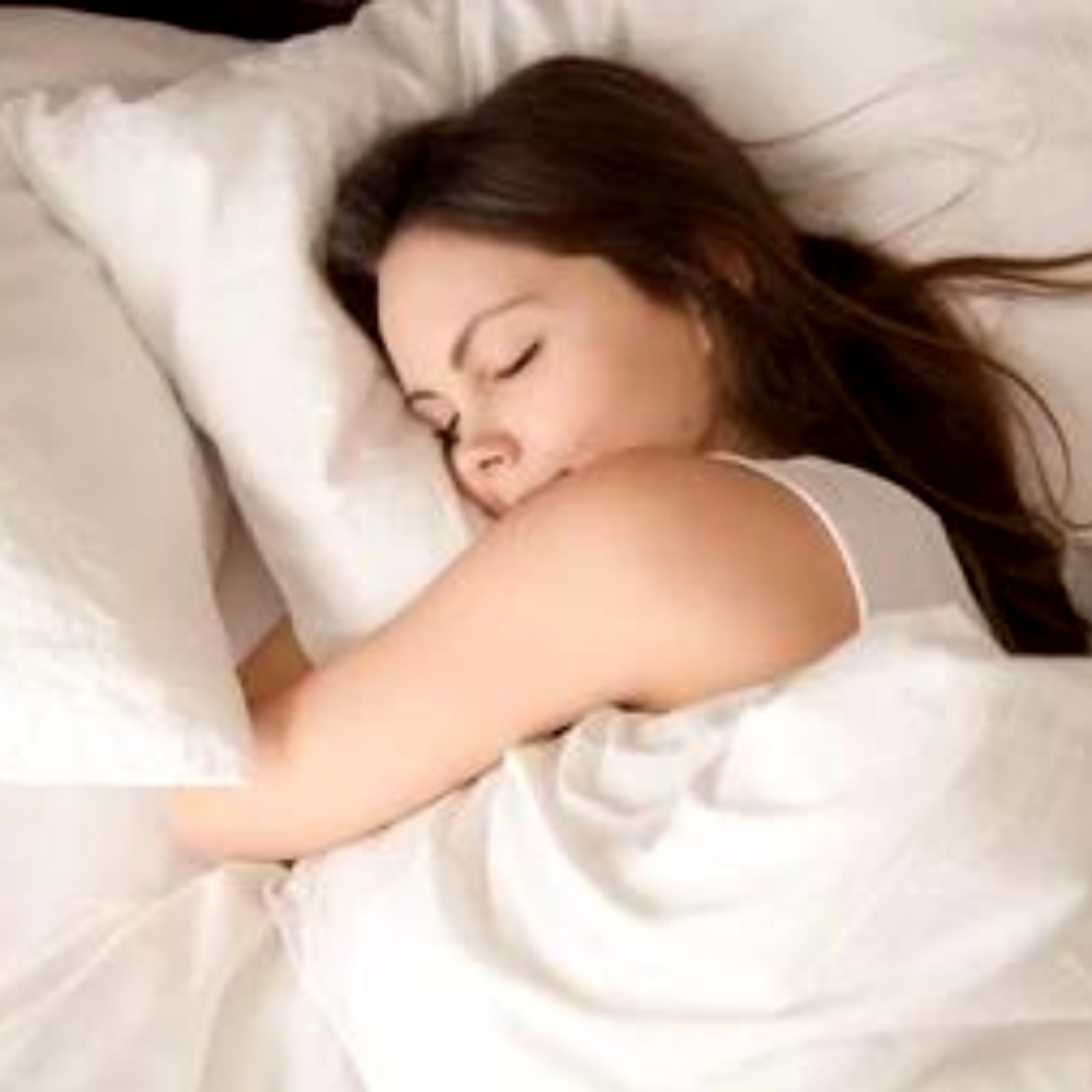
views
Sleep isn’t typically the first thing that comes to mind when considering all the factors that affect your skin. You may have heard that getting enough sleep is important for our general health, but did you also realise that it has a significant effect on how we look? However, it’s not always simple for us to get the 7 to 9 hours of beauty sleep that are advised. Around 70 million Americans are thought to experience chronic sleep disturbances, according to the Centers for Disease Control and Prevention.
The phrase “beauty sleep" may be one you’ve heard before. It turns out to be true and might be the nearest thing to a fountain of youth that exists. Each stage of sleep is essential for skin regeneration because while you sleep, your body goes into recovery mode. The body produces a number of hormones at different stages of sleep, including cortisol, melatonin, and human growth hormone. These hormones are essential for recovery because they repair daily skin damage, maintain youthful skin, and shield your skin from free radicals that might harm your cells. Every minute counts when you’re asleep. Check out our article on how to sleep better if you’re having difficulties obtaining the appropriate number of hours of sleep.

Lack of sleep has effects beyond how you seem. Your body and mind may function differently if you don’t get enough sleep. Long-term deprivation can leave you feeling lethargic and exhausted, leaving you with less stamina to get through the day. Due to elevated cortisol levels, other studies have connected sleep deprivation to an increased risk of heart disease, stroke, diabetes, and high cholesterol. Sleep deprivation has been linked to memory loss, emotional instability, and poor decision-making, according to studies. Lack of sleep can impair your ability to perform at work, cause mood changes, and intensify negative feelings like despair and rage.
People aged 50 to 60 who slept for 6 hours or less had a higher risk of dementia, according to data from a 2021 study. In comparison to people who slept the recommended amount of time, individuals who slept less than the suggested seven hours were 30% more likely to develop dementia in later life.
Your weight might be affected by your sleep habits in addition to how you seem. Lack of sleep has been associated with weight gain and an increased risk of obesity in both men and women. Similar to this, those who have severe sleep apnea frequently put on more weight.
According to one study that tracked 68,000 middle-aged American women for 16 years, those who slept five hours or less every night had a 15% higher chance of becoming obesity than those who slept seven hours.
Ready to get some well-deserved rest? Follow these sleeping ideas for better skin:
- Even though we all like our morning cup of coffee, it’s recommended to steer clear of caffeine in the late afternoon and evening.
- Don’t drink alcohol right before bed. Alcohol ruins sleep, which makes you tired and sleepy during the day.
- Avoid doing any vigorous exercise right before night.
- An hour before going to bed, put your gadgets away.
- Set up a routine that will help you sleep well.
How do you create a solid routine? To try, follow these four steps:
- Aim to go to bed at roughly the same hour every night.
- Get up roughly at the same time each morning.
- Keep your naps to no more than 30 minutes.
- On weekends, stick to your regular sleeping routine.
(This article’s information is not meant to be taken as health or medical advice; rather, it is meant for educational and informational reasons only. If you have any concerns about a health objective or a medical issue, always seek the advice of a doctor or other trained health expert.)
Read the Latest News and Breaking News here




















Comments
0 comment